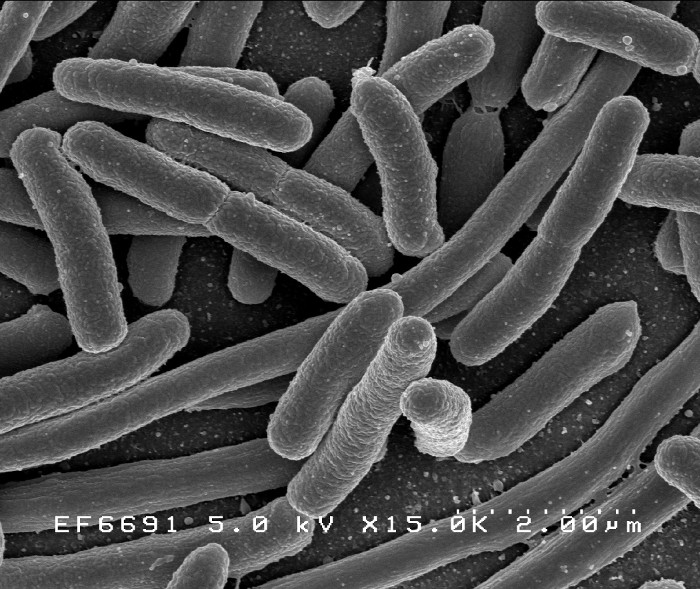Parkinson's disease is likely to originate from intestinal bacteria
In many previous studies of Parkinson's, research groups limited their scope to the brain.
However, the recent discovery indicates that the true origin of this devastating disease lies in the intestinal tract. This concussion study was published in the journal Cell.

Parkinson is the obsession of over 10 million people globally.
The team found that patients with Parkinson's disease have a common characteristic that often suffer from constipation and other gastrointestinal problems within 10 years before symptoms of tremor of limb muscles (common symptoms of Parkison patients). appear.
The group paid attention to the association of a group of intestinal bacteria to protein metabolism in the brain , the main cause of Parkinson's.

Enteric bacteria are the cause of Parkinson's disease.
The experiment of injecting intestinal bacteria into mice of a group of people with Parkinson's disease and healthy group showed that protein changes in the brains of intestinal infected mice from patients made them infected and weakened rapidly. .
In another experiment, when mice were exposed to Parkinson's disease, there was almost no change in the process of α-synuclein protein conversion as well as other physical activities.
With the group of mice infected and weakened when treated with antibiotics, the ability to recover well, opens the direction of microbiological treatment for Parkinson patients in the future.
"We have discovered a link between gut bacteria and Parkinson's disease, something no one has ever thought of," said Sarkis Mazmanian, the lead researcher. In essence, scientists believe that intestinal bacteria secrete some chemicals that affect the activity of a part of the brain that leads to injury.

Experiments on mice have produced many positive results.
The next research direction will be to analyze and find out exactly which intestinal bacteria group is directly involved in the cause of Parkinson's disease. If this group of bacteria can be identified, scientists will be able to detect the disease earlier before the outbreak and brain damage.
"Like many medicines on the market, from mouse testing to human application is a long way, but it is important that we have taken the first step" - Mazmanian said.
- 'Hack' intestinal bacteria of cows can bring more meat and reduce pollution
- Bacteria in cow's milk cause Crohn's intestinal disease
- This seemingly harmless bacterium killed one third of the world's population
- Office kitchen dirty than toilet
- Detecting intestinal bacteria helps to lose weight
- The bacteria that cause Lyme disease originate in Europe before the Ice Age
- Climate change creates many intestinal bacteria
- Identify herbivores, eat meat through intestinal bacteria
- Discover more types of beneficial bacteria in the intestinal tract
- Feces of newborns - abundance of bacteria!
- There is an uncontrollable spread of bacteria
- How does food strongly affect the intestinal tract?
 Green tea cleans teeth better than mouthwash?
Green tea cleans teeth better than mouthwash? Death kiss: This is why you should not let anyone kiss your baby's lips
Death kiss: This is why you should not let anyone kiss your baby's lips What is salmonellosis?
What is salmonellosis? Caution should be exercised when using aloe vera through eating and drinking
Caution should be exercised when using aloe vera through eating and drinking